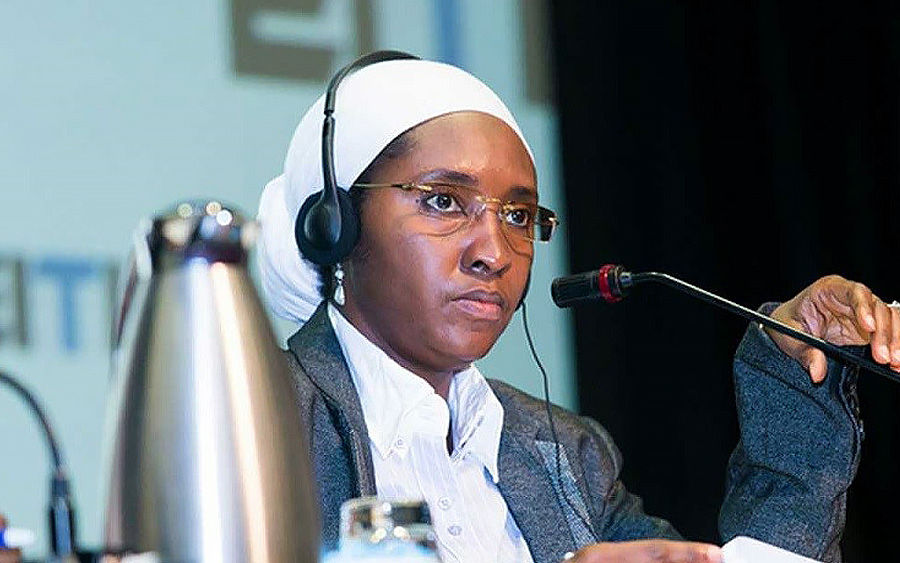Earlier this week, the Minister of Finance, Budget & National Planning, Zainab Ahmed attended the 26th Nigerian Economic Summit and in her presentation highlighted some of the steps and investments the government is making to bring the economy out of a recession. Some of the points she highlighted were; stimulating the economy by preventing business collapse through ensuring liquidity, retaining and create jobs through support to labour intensive sectors such as agriculture, undertake growth-enhancing and job-creating infrastructural investments in roads, rails, solar power and communications technologies, promoting manufacturing and local production across all levels as well as advocating the use of made in Nigeria goods & services. She also highlighted focus on pro-poor spending as a strategy to mitigate the impact of covid-19 on poor households.
We recall that during the weekend, the National Bureau of Statistics (NBS) released the GDP report for Q3 2020 which officially confirmed the economy has slipped into a recession. Following the 6.10% contraction recorded in Q2 2020, the economy further contracted though at a decelerating rate of 3.62% in Q3 2020. We reckon that prior to the covid-19 crisis, economic growth had began to slow with Q1 2020 GDP growth of 1.87% trailing prior 5-quarter average of 2.29% (excluding Q1 2020). The economy has largely survived on an oil-led recovery which we consider cyclical with other core sectors lagging and reeling from the fallout of the impacts of the 2016/17 recession.
In our view, the government needs to be proactive and strategic about policies it intends to adopt to resuscitate the economy. The focus on social welfare, fiat-led interventions in agriculture, emphasis on infrastructure development and advocacy for local manufacturing is reminiscent of prior strategies that can’t be really be considered successful. In our opinion, the economy is in dire need of influx of investments and adequate skill pool to spearhead resource allocation, which we believe can be provided by the private sector. Thus, the public sector should in our view invest in tackling structural issues around ease of business operations (borrowing costs, regulatory & licensing bureacracies/inconsistencies, public agency corruption & FX policies etc.) as well as strengthening regulatory & legal frameworks while the private sector drives the investments for accelerated growth in manufacturing, infrastructural development, agriculture and other core sectors.
In our view, supporting a free market-led economy (given the more organised nature of the private sector than the public sector) would see a return of foreign direct investments into the Nigerian economy while local entrepreneurs would be motivated to take more risks to develop businesses. The outlook for oil prices remain weak and production levels may remain below historical levels as OPEC attempts to keep price stable. Thus, the possibility of a cyclical recovery is limited, only proactive measures to correct long term structural issues would restore the economy on the path of accelerated inclusive growth.
CSL Stockbrokers Limited, Lagos (CSLS) is a wholly owned subsidiary of FCMB Group Plc and is regulated by the Securities and Exchange Commission, Nigeria. CSLS is a member of the Nigerian Stock Exchange.
